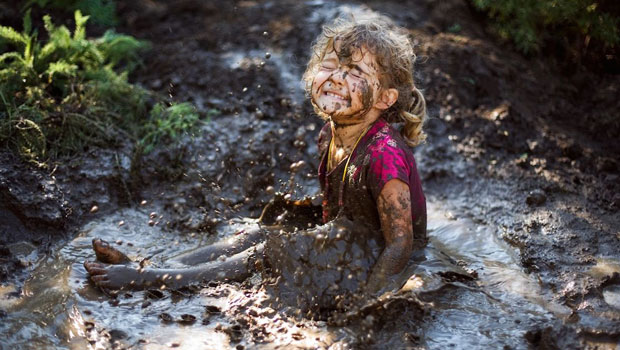دوستهای سارا،
دلم خواست کمی باهاتان حرف بزنم. یک سال از پرواز آن پرنده میگذرد. پرندهای که من میدانم و شما هم میدانید که توی این قفس آرام نداشت. من میدانم و شما هم میدانید که رفتنش آزادیش بود؛ خواه به جهان واپسین مؤمن باشید یا نه.
دیدید که مرگ چهقدر نزدیک است؟ من میگویم باید پرنده بود. که وقتی مردیم بگویند از قفس رها شد. که نگویند بیچاره چه چیزهایی پشت سرش جا گذاشت. چیزی نباید پشت سرمان جا بگذاریم بچهها. چه خوب گفت کوین کروز که: “زندگی درباره جمع کردن و داشتن نیست؛ درباره بخشیدن و ماندن است”. این درسیست که میتوانیم از زندگی کوتاه ولی جدی سارا بگیریم.
سارا و پارسا و مادرم، مینا، مسیری را رفتند که خیلی زود من و شما هم باید برویم. تنها کافیست دور و ورتان را نگاه کنید بچهها. تنها به این فکر کنید که هیچکدام از این 8 میلیارد نفر، 150 سال پیش نبودهاند. که من و شما هم دیری نخواهیم پایید. مرگ واقعن نزدیک است. به این فکر کنید که میخواهید چهطور زندگی کنید؟ من میگویم باید توی چشمهای مرگ زل بزنیم بچهها. باید دو دستش را بگیریم و باهاش تانگو برقصیم. این تنها راه زندگی کردن است.
میدانم این یک سال کذایی بهتان سخت گذشته. میدانم روزها و شبهای زیادی مات شدهاید؛ مبهوت ماندهاید؛ به فکر فرو رفتهاید و ساعتها توی خلوت خودتان گریستهاید. میدانم که بالشهای خیس و دفترچههای خاطرات و گوشیهای تلفن پناه روحهای رقیقتان بوده. میدانم که شبهای زیادی تصور کردن رفیقتان روی صندلی آن اتوبوس و مرور خاطرات شیرینتان و قهقههای فراموش نشدنیش خواب را از چشمانتان ربوده.
خوب میدانیم که باید قوی باشیم. که لااقل به احترام سارا که همیشه بهمان درس قوی بودن میداد باید قوی باشیم. که لااقل رویمان بشود پیش خودمان بگوییم این یک چیز را از تو یاد گرفتیم دختر نارنجی.
تسلیت شنیدنها برای من بی معنی است. حرف زدن با آدمها و درد دل گفتنها هم. پیراهن مشکی و مراسم ختم و شام و نهار را هم نمیفهمم. حتا باور ندارم به اینکه سر مزارشان بروم. شما اگر سارا را از دست دادید، من مینا و پارسا را هم از دست دادم. شما اگر دوست صمیمیتان را از دست دادید، من کل انگیزه زندگیم را از دست دادم. منتها حتا برای مراسم سالگردشان برنگشتم. امروز که 20م تیر است هم با دیروز برای من فرقی ندارد. با فردا هم. مثل دیروز سر کارم آمدم. و فردا هم خواهم آمد. البته که داروی ضد افسردگی میخورم و چشمانم از زندگی تهی شدهاند. البته که شبها خواب نمیروم. که هر وقت خواب میروم خوابشان را میبینم. که گاهی از درد به خودم میپیچم و ضجه میزنم. که روزه میگیرم، قرآن میخوانم و به مولانا چنگ میاندازم. ولی با ادا در آوردن مخالفم بچهها. محکم باشید. سارا را توی دلتان زنده نگه دارید و روزی که کسی شدید بیایید و به خیریهای که مدتها پیش راه انداخته بود _و ما داریم گسترشش میدهیم_ کمک کنید (وبسایت – کانال تلگرام). زندگی را خیلی جدی نگیرید و فکر نکنید که سارا جایی رفته که ما هرگز دستمان بهش نمیرسد. هرگز هرگز را باور نکنید.




